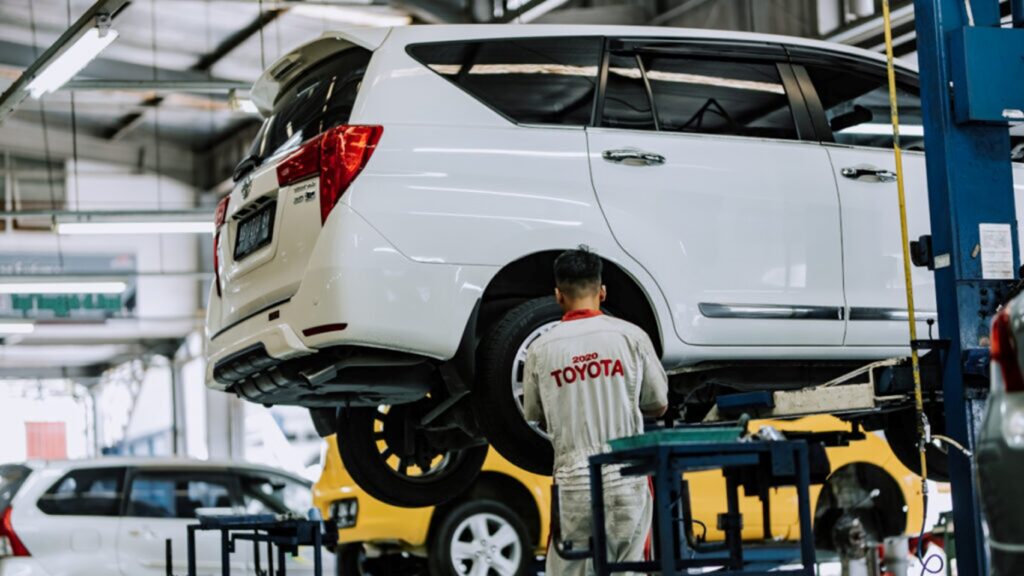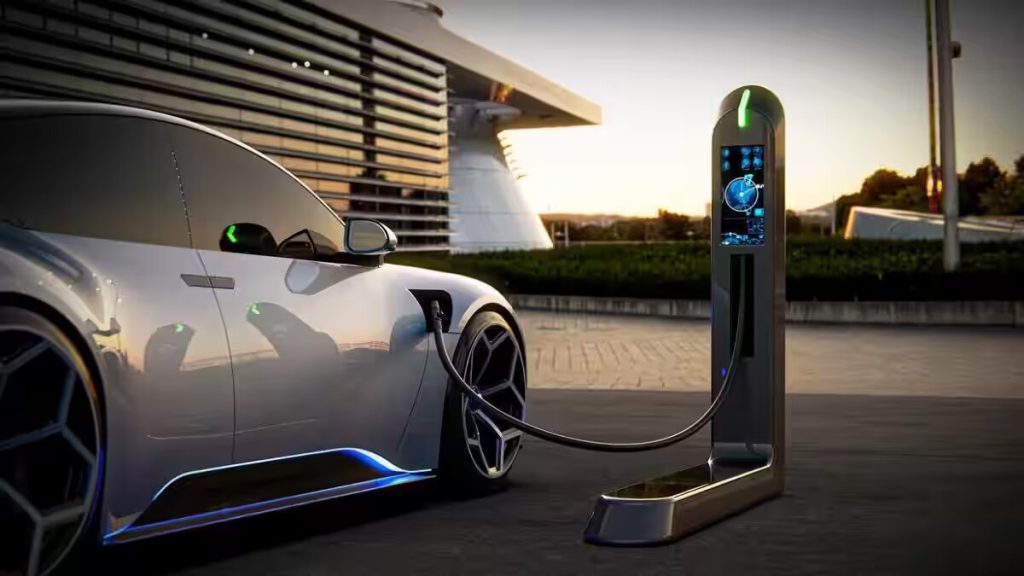Suben Moodley, Vice President for the Corporate Services at Toyota South Africa, spoke at the KwaZulu-Natal Investment Conference in Durban, he urged investors, corporate managers and government officials alike to consider moving the country to adapt to the global shift toward new energy vehicles (NEVs). Moodley stressed that South Africa must act decisively to secure its place in the evolving automotive industry. He went on to highlight the need for the nation and Pretoria to capitalize on the abundant raw materials essential for NEVs and to bolster its vehicle export capabilities, particularly across Africa. Connectivity is essential in that regard.
The global automotive landscape is undergoing rapid transformation, as evidenced by the exponential growth in NEV sales. In recent years, NEV sales have surged—53% in 2021, 54% in 2022, and 35% in 2023—culminating in 14.2 million units sold worldwide. Despite this growth, forecasts suggest that the pace will slow to around 10% in the coming years, making it even more critical for South Africa to position itself as a competitive player in the market. Currently, NEVs account for 15.7% of global new vehicle sales, underscoring their growing importance. South Africa, as Africa’s largest vehicle producer, manufactured 633,000 vehicles in 2023, representing only 0.67% of global production. This figure falls significantly short of the industry’s master plan target of producing one million vehicles annually by 2035 to achieve 1% of global production.
South Africa has a lot of catching up to do when it comes to the manufacturing of NEVs. One million is an ambitious number but a possibility if the government and the public sector listen to Moodley’s recommendations. The country is abundant in the necessary resources that would sustain a successful NEV industry. The upsurge in NEV sales is enough to serve as a warning to the Departments of Trade and Industry and the Electricity and Energy that with the arrival of the Fourth Industrial Revolution (4IR) international economies like the European Union (EU), the United States, and China are shifting away from fossil fuels. At 15.7% NEVs are on the rise. Oil, coal and gas will have no place in this new interest in electric vehicles. But it should be noted that ERVs are not environmentally friendly.
They use a highly toxic metal known as cobalt that creates an air pollution of its own on extraction. Environmental regulations need to be looked at to monitor cobalt extraction. Another opportunity for South Africa and Durban in particular for job creation is the improvement of port infrastructure.
As Africa modernises its ports and logistics infrastructure, the continent’s container shipping industry is growing, overcoming challenges to become a more integral part of the global trade ecosystem. The African continent has witnessed a remarkable transformation in its logistics and transportation landscape over the past decade, with container shipping playing a pivotal role in this evolving narrative. As global trade patterns shift and the world becomes increasingly interconnected, Africa has emerged as a strategic hub for container shipping, unlocking new avenues for economic growth and integration. According to the latest data by UN Trade and Development (UNCTAD) between the first half of 2018 and the first half of 2023, port calls by container ships in Africa rose by 20%, marking a record-breaking increase for the continent.
So, infrastructure in Africa will be improving. This includes the ports and harbours that will now be linked by road and rail to the interior of the continent. This could lead to the industrialization of the continent and the creation of jobs for the unemployed by the extraction of raw minerals such as cobalt and lithium. It is true that this form of interconnectivity with the rest of the world is good as long as the environment is respected and conserved. The planet is evolving through interconnectivity and at the heart of this in Africa is the Africa Continental Free Trade Agreement or AfCFTA. This is a Free Trade agreement approved by fifty-four signatories including South Africa to boast inter-Africa trade. It will also promote the development of infrastructure such as ports and harbours. Since the signing of AfCFTA in 2018 the governments in the African Union (AU) have worked towards a greater prosperity.
“APM Terminals has been a key enabler of Africa’s trade and logistics growth, which directly supports the goals of the African Continental Free Trade Area (AfCFTA). We see the infrastructure financing gap as one of the most pressing barriers to the full realisation of AfCFTA’s potential. By investing in the modernisation and expansion of seaports across the continent, we are helping to create the infrastructure necessary for the successful movement of goods across borders. For instance, our operations in Côte d’Ivoire have improved the capacity of the Abidjan Terminal, boosting its efficiency by 20%, and directly enhancing trade volumes. Such advancements facilitate smoother trade integration under AfCFTA by making African exports more competitive globally,” says van den Essen of APM Terminals. One in five people will live in Africa by 2030.
The boast in inter-Africa trade will go a long way in creating jobs and improving production of local goods. Investment in the continent’s infrastructure should be at the heart of improving ports and extracting the raw material necessary for the production of industrial goods. Improving the technology and expanding the size of sea ports across the continent from Cape Town in South Africa to Alexandria in Egypt and Casablanca in Morocco should be at the heart of the African Union’s leadership’s priorities. All this is meant to mandate the growth of Africa’s economies similar to the BRICS nations (Brazil, Russia, India, China and South Africa). The growth of Gross Domestic Profit (GDP) is the name of the game. The introduction of APM terminals by the company concerned has led to an improvement in port and rail infrastructure.
The growth of Africa along the lines of China and India could well become a reality thanks to the introduction of AfCFTA. It depends on responsible leadership in the political and business spheres and whether they can have respect for the environment and the people.
Article written by:
Yacoob Cassim
Journalist at Radio Al Ansaar





